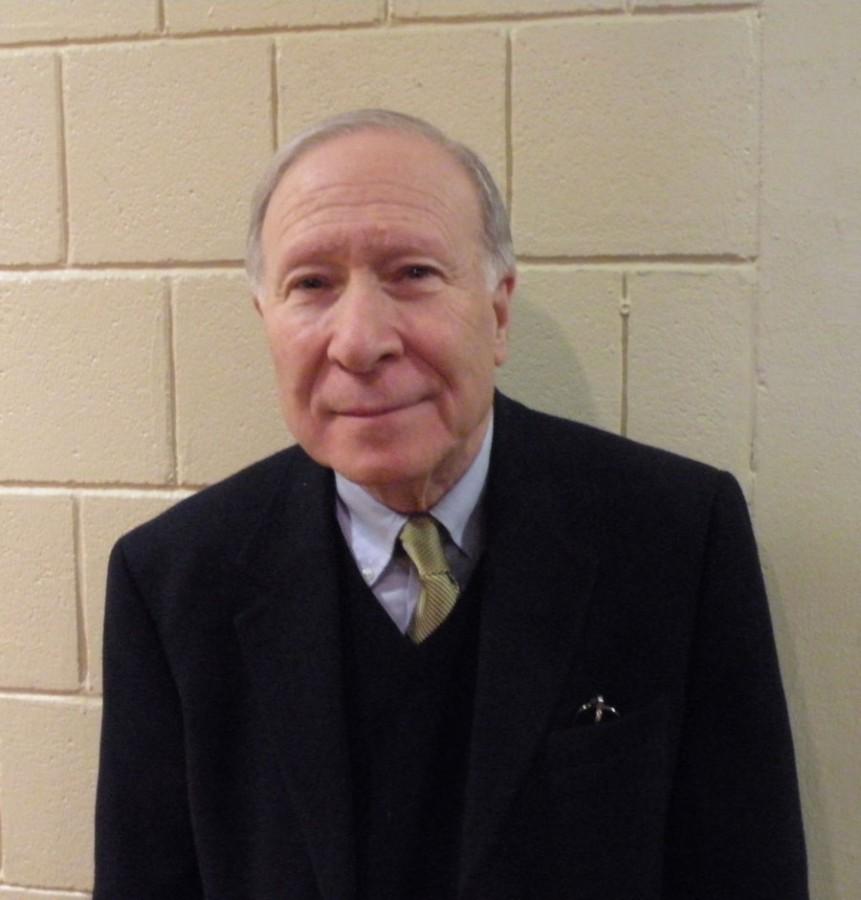Board of trustees reverses tuition freeze
“This is not a simple question with an obvious answer,” said Vermont State Colleges board of trustees member Church Hindes at a fraught Feb. 13 meeting to decide whether VSC tuition should be raised for the 2016-17 academic year, among other issues. “Our committee certainly felt that way. The tuition policy always involves balancing the interests of individual students and families as well as colleges and the system overall.”
Tuition will be increased by 2.5 percent at Johnson and Lyndon, 3 percent at CCV, and 4 percent at Vermont Tech. Castleton’s tuition will remain the same.
In Feb. 2015 the board had decided to freeze tuition as a financial incentive for prospective students. It would have been the first time tuition had not risen in the last 35 years. Nearly a year later in Jan. 2016, the Finance Committee held a heated meeting which recommended 5-4 that the board rescind the freeze and raise tuition.
Although only three dissenting votes were ultimately cast, the general opinion expressed by the board during the pre-vote commentary period was that of reluctance.
Along with Linda Milne, Jerome Diamond raised concerns about the immediate ability for students to pay the costs of rising tuition. “It’s $250 this year, but over a four year degree it’s over a thousand dollars. When we continue to pile on to that, it does add up,” he said.
Benjamin Simone, Johnson’s student trustee, also voiced disapproval over what he considered an unpleasant yet necessary decision. “I am against a tuition increase as well,” he said, “given that I will be the member of this board who has to pay it next year. That in mind, I have consulted with student government officials for every single college and we don’t really see much of an option. If there is not an increase, […] that will mean further cuts to faculty and staff and less selection for classes, which we have continuously been facing for the past three or four years. That is going to have a bigger impact on whether students stay here or not.”
As a trustee and a representative in the Vermont General Assembly, Tim Jerman was able to present the perspective of the Legislature. “There are other states that have frozen tuition, mostly at their flagship public institutions, but those freezes of tuition have also been met with concomitant interest in state funding going upwards to offset that loss of tuition revenue,” he said. “Unfortunately, although many of us have made hard efforts to that regard, that hasn’t been the case [here]. Vermont’s current fiscal situation doesn’t support any increase in that. Over the last seven or eight years in actual dollars we’ve gone down from where we were, so we’re really treading water on the state’s contribution.”
Diamond also commented on the central issue of state funding. “I think Tim has raised the issue,” he said. “From an overall perspective, it’s the chicken or the egg. Do we allow the Legislature year after year to say, ‘no further funding because we know you can raise tuition to make up the difference in revenue?’
“We have an obligation,” he continued, “to say to the Legislature: ‘we can’t put that burden any higher. It is time for you to finally do something to support higher education. You support pre-kindergarten to twelfth grade generously, at one of the highest rates in the country.’ […] Post-secondary education is a critical part of public education and part of our commitment as citizens to the people of this state.”
Johnson and the other colleges within the Vermont State Colleges system are disproportionately dependent on tuition, relative to the national average, due to a low level of state support. The tuition for the average American public college covers 47.1 percent of operating costs, whereas in Vermont it is expected to cover 84.5 percent.



